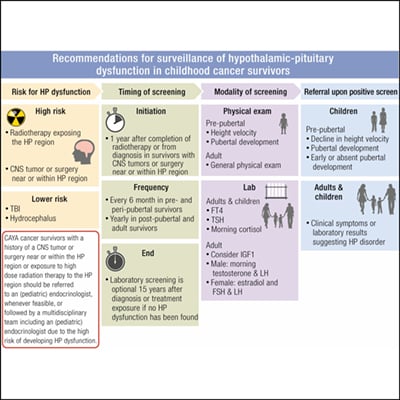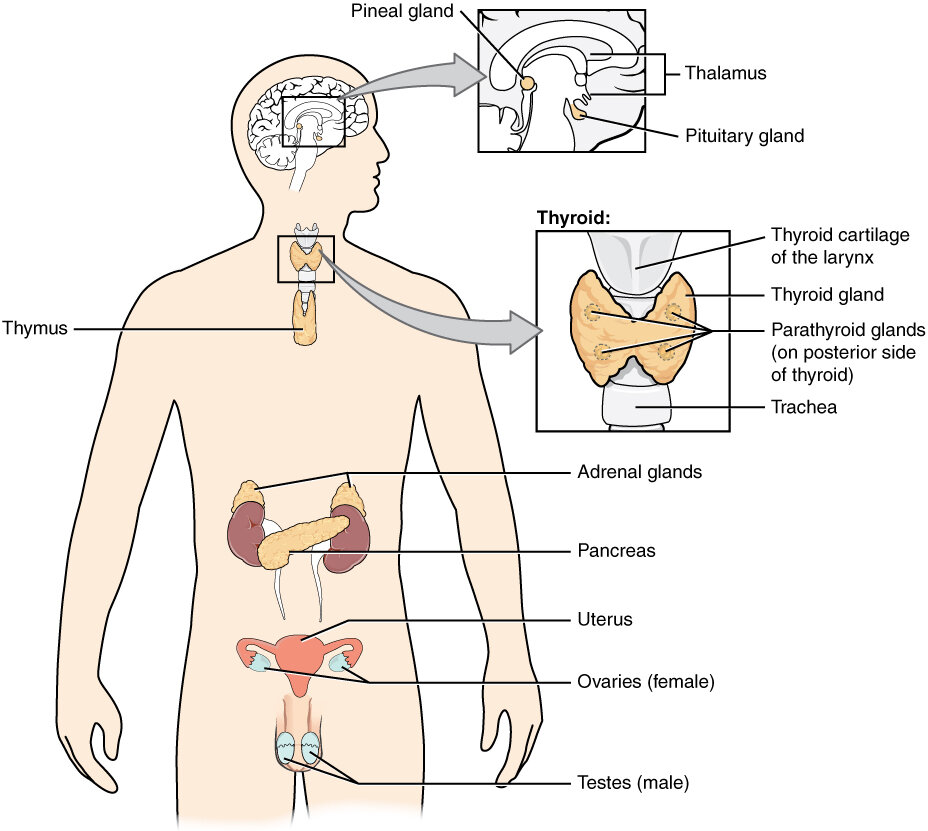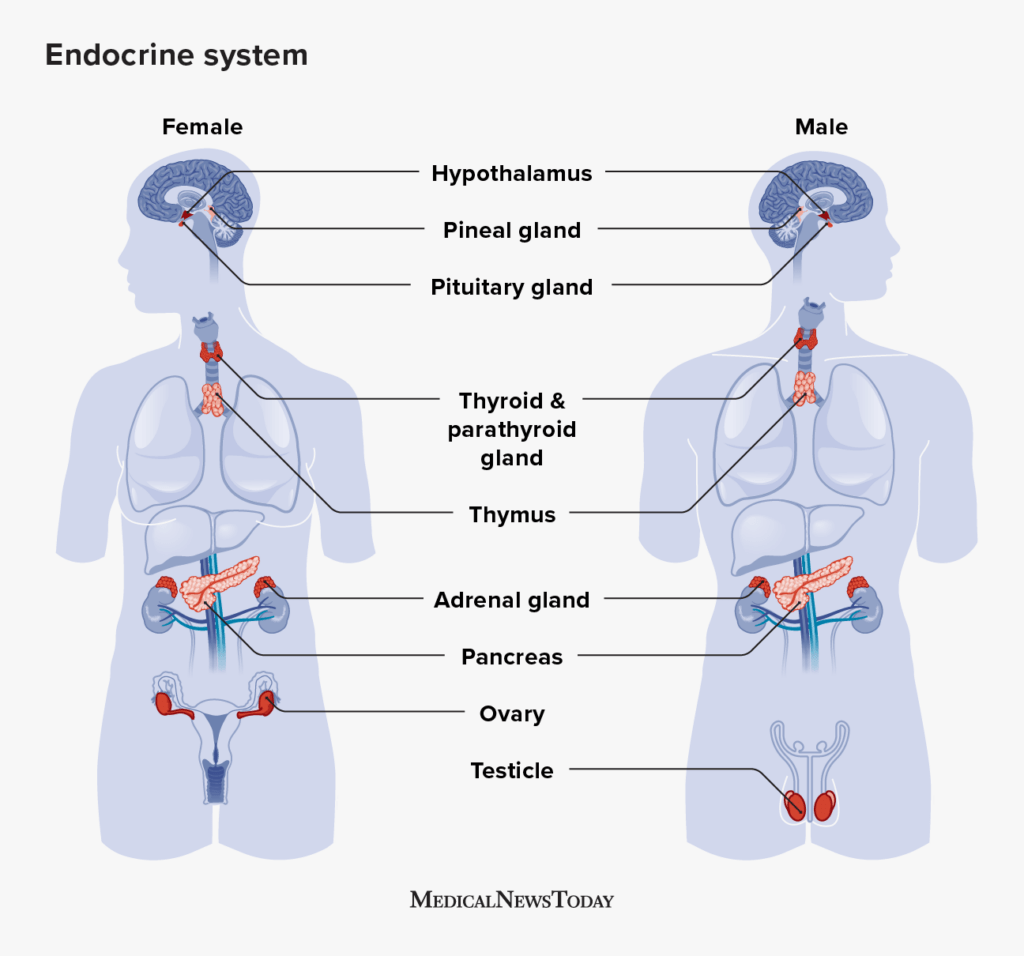Have you ever wondered how your body regulates hormones and keeps your internal systems in balance? The endocrine system plays a crucial role in maintaining our overall health, but sometimes it can go awry, leading to various disorders. From diabetes to thyroid imbalances, these conditions can have a significant impact on our daily lives. In this article, we will explore the fascinating world of diagnosing and treating endocrine system disorders, shedding light on the symptoms, diagnostic procedures, and available treatment options. So, let’s embark on this journey together and learn more about how to keep our endocrine system in check!
Diagnosing and Treating Endocrine System Disorders

Overview of Endocrine System
The endocrine system is a complex network of glands that produce and release hormones, which are chemical messengers that regulate various bodily functions. These hormones are transported through the bloodstream to different organs and tissues, where they help maintain a balance in our body systems. The major glands of the endocrine system include the hypothalamus, pituitary gland, thyroid gland, parathyroid glands, adrenal glands, pancreas, ovaries (in females), and testes (in males).
Types of Endocrine System Disorders
There are several types of endocrine system disorders that can arise when there is an imbalance in hormone production or function. Some of the most common disorders include hypothyroidism, hyperthyroidism, diabetes, adrenal disorders, and pituitary disorders. These conditions can have a significant impact on overall health and well-being if left untreated.

Diagnosing Endocrine System Disorders
The diagnosis of an endocrine system disorder typically involves a thorough evaluation of medical history, physical examination, laboratory testing, and sometimes imaging studies or biopsies. It is important to diagnose these disorders early on to prevent complications and manage symptoms effectively.
Medical History and Physical Examination
During the initial evaluation, your healthcare provider will take a comprehensive medical history, including any symptoms you may be experiencing and any known risk factors for endocrine disorders. They will also perform a physical examination to assess for any visible signs of hormonal imbalance or glandular abnormalities.

Laboratory Testing
Laboratory testing is an essential tool in the diagnosis of endocrine system disorders. Blood and urine tests are commonly used to measure hormone levels and assess overall endocrine function. Additionally, specific tests like glucose tolerance tests and thyroid function tests may be ordered to evaluate diabetes and thyroid disorders, respectively.
Imaging Studies
In some cases, imaging studies may be necessary to visualize the glands and detect any structural abnormalities. Ultrasound, computed tomography (CT) scans, magnetic resonance imaging (MRI), and scintigraphy are commonly used imaging techniques to help diagnose endocrine disorders.

Biopsy
A biopsy may be required in certain cases to obtain a tissue sample for further analysis. Fine needle aspiration is a minimally invasive procedure commonly used to biopsy the thyroid gland or other relevant tissues. The obtained sample is then examined under a microscope to determine the presence of cancerous or abnormal cells.
Treatment Options
Treating endocrine system disorders often involves a multidisciplinary approach, taking into consideration the specific disorder, individual patient needs, and underlying causes. The goal of treatment is to restore hormone balance and alleviate symptoms.

Hormone Replacement Therapy
Hormone replacement therapy (HRT) is a common treatment option for many endocrine disorders. It involves the administration of synthetic hormones to replace the deficient or ineffective hormones. This therapy can help manage symptoms and improve overall quality of life.
Medications
In addition to HRT, various medications may be prescribed to manage symptoms and regulate hormone levels. Medications can help control blood sugar levels in diabetes, reduce excessive thyroid hormone production in hyperthyroidism, and provide supplemental hormones for certain disorders.
Surgery
In some cases, surgery may be necessary to treat endocrine system disorders. Surgical intervention is commonly used to remove tumors or abnormal glands that are causing hormonal imbalances. It is important to weigh the benefits and risks of surgery and discuss the potential outcomes with your healthcare provider.
Surgical Procedures for Endocrine Disorders
The specific surgical procedures for endocrine disorders depend on the gland affected and the underlying condition. For example, thyroidectomy is a common surgical procedure to remove all or part of the thyroid gland in cases of thyroid cancer or severe thyroid disorders. Adrenalectomy may be performed to remove a tumor or adrenal glands in cases of adrenal disorders.
Benefits and Risks
Like any medical intervention, surgical procedures for endocrine disorders carry both benefits and risks. Though surgery can often provide a definitive solution to certain conditions, there are potential risks such as bleeding, infection, and complications related to anesthesia. It is crucial to discuss these risks with your surgeon and be fully informed before making a decision.
Recovery and Follow-up Care
After surgery, the recovery and follow-up care will vary depending on the specific procedure and individual circumstances. It is important to follow the post-operative instructions provided by your healthcare team and attend regular follow-up appointments. These appointments will allow your healthcare provider to monitor your progress, adjust medications if necessary, and ensure proper healing.
In conclusion, diagnosing and treating endocrine system disorders involves a comprehensive evaluation, including medical history, physical examination, laboratory testing, imaging studies, and sometimes biopsies. The treatment options range from hormone replacement therapy and medications to surgical interventions. The multidisciplinary approach ensures personalized care that focuses on restoring hormone balance and improving overall well-being. Early diagnosis and timely treatment are crucial for effectively managing endocrine system disorders and minimizing potential complications. Remember, always consult with your healthcare provider for an accurate diagnosis and appropriate treatment plan.